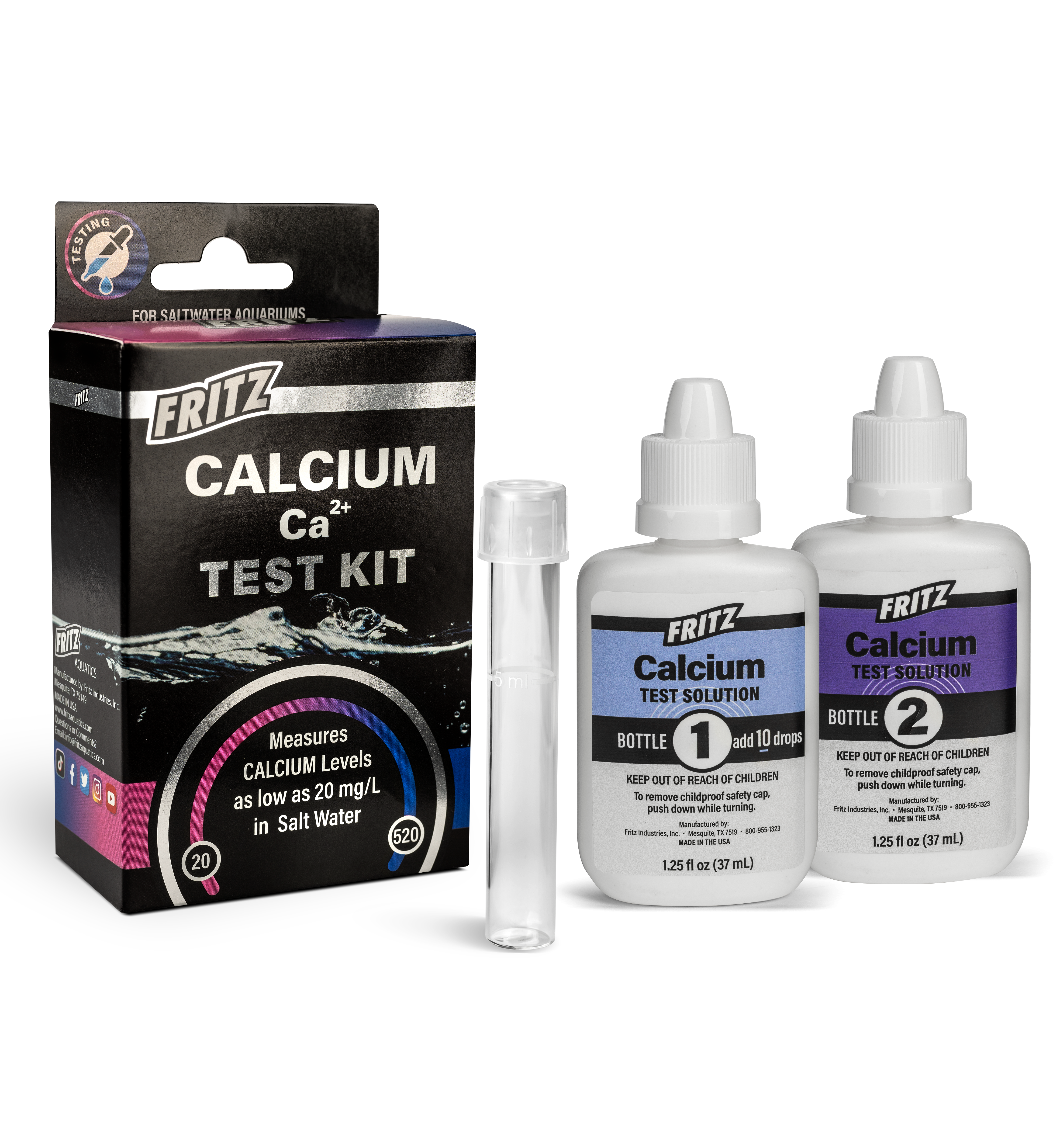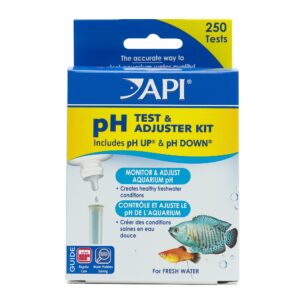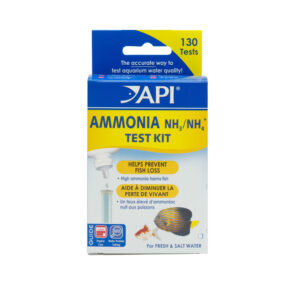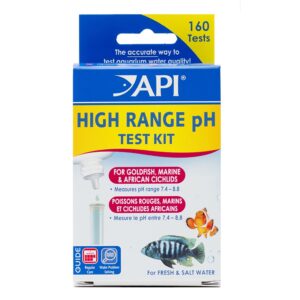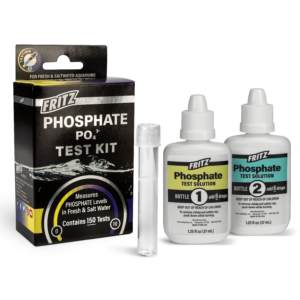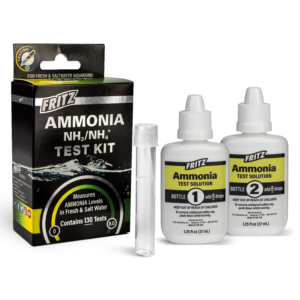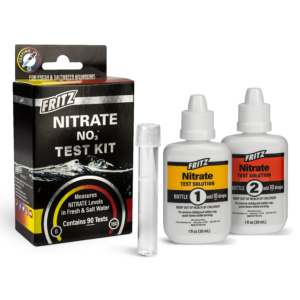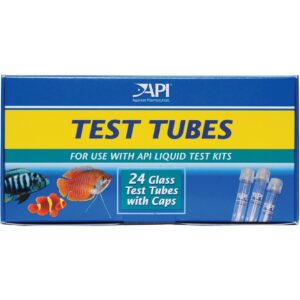-
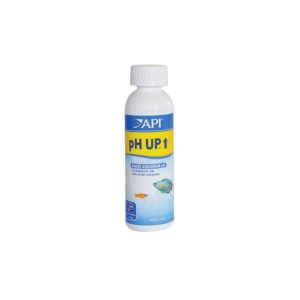 API pH Up 4oz
×
$14.162 × $7.08
API pH Up 4oz
×
$14.162 × $7.08 -
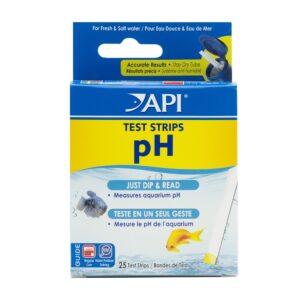 API pH Test Strips 25ct FW/SW
×
$38.943 × $12.98
API pH Test Strips 25ct FW/SW
×
$38.943 × $12.98 -
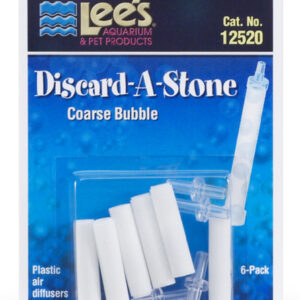 Lees Discard-A-Stone, Coarse, 6/Blister Card
×
$5.071 × $5.07
Lees Discard-A-Stone, Coarse, 6/Blister Card
×
$5.071 × $5.07 -
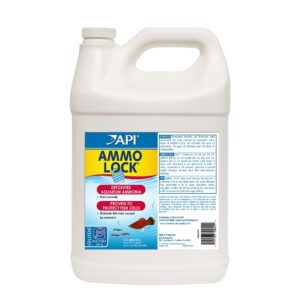 API Ammo Lock 1gal
×
$49.981 × $49.98
API Ammo Lock 1gal
×
$49.981 × $49.98 -
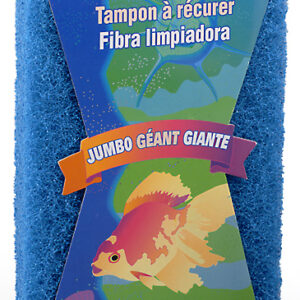 Lees Scrubber Pad, Jumbo, Coarse (Glass), Cardboard Sleeve, 6" x 9"
×
$9.521 × $9.52
Lees Scrubber Pad, Jumbo, Coarse (Glass), Cardboard Sleeve, 6" x 9"
×
$9.521 × $9.52 -
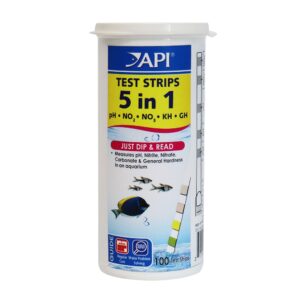 API 5-in-1 Aquarium Test Strips 100ct FW/SW
×
$49.962 × $24.98
API 5-in-1 Aquarium Test Strips 100ct FW/SW
×
$49.962 × $24.98 -
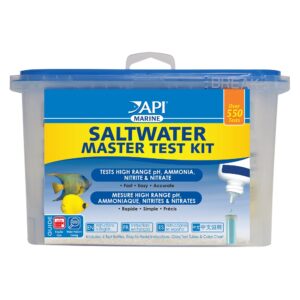 API Saltwater Master Test Kit
×
$107.943 × $35.98
API Saltwater Master Test Kit
×
$107.943 × $35.98 -
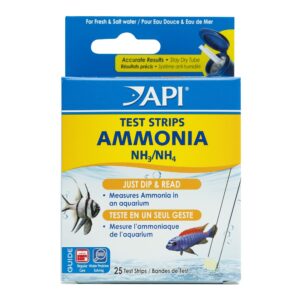 API Ammonia Test Strips 25ct FW/SW
×
$16.981 × $16.98
API Ammonia Test Strips 25ct FW/SW
×
$16.981 × $16.98 -
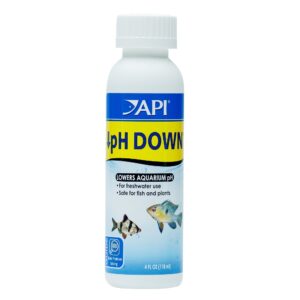 API pH Down 4oz
×
$11.762 × $5.88
API pH Down 4oz
×
$11.762 × $5.88 -
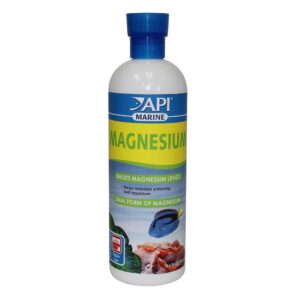 API Marine Magnesium 16oz
×
$12.981 × $12.98
API Marine Magnesium 16oz
×
$12.981 × $12.98 -
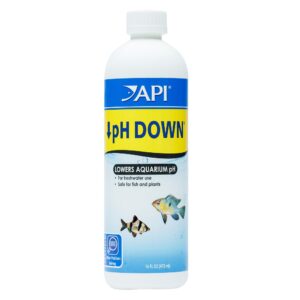 API pH Down Prof. Size 16oz
×
$14.681 × $14.68
API pH Down Prof. Size 16oz
×
$14.681 × $14.68 -
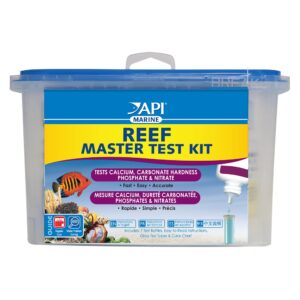 API Reef Master Test Kit
×
$35.981 × $35.98
API Reef Master Test Kit
×
$35.981 × $35.98 -
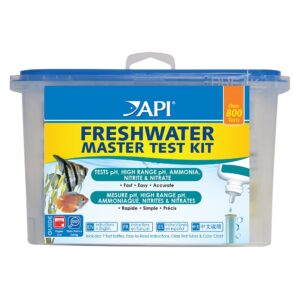 API Freshwater Master Test Kit
×
$35.981 × $35.98
API Freshwater Master Test Kit
×
$35.981 × $35.98 -
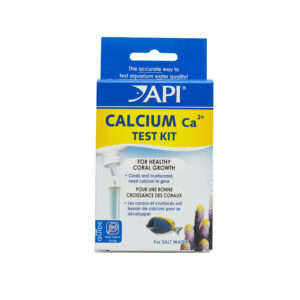 API Calcium Test Kit SW
×
$13.981 × $13.98
API Calcium Test Kit SW
×
$13.981 × $13.98 -
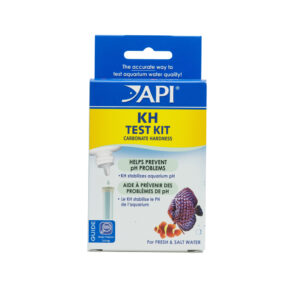 API KH Test Kit FW/SW
×
$8.981 × $8.98
API KH Test Kit FW/SW
×
$8.981 × $8.98

